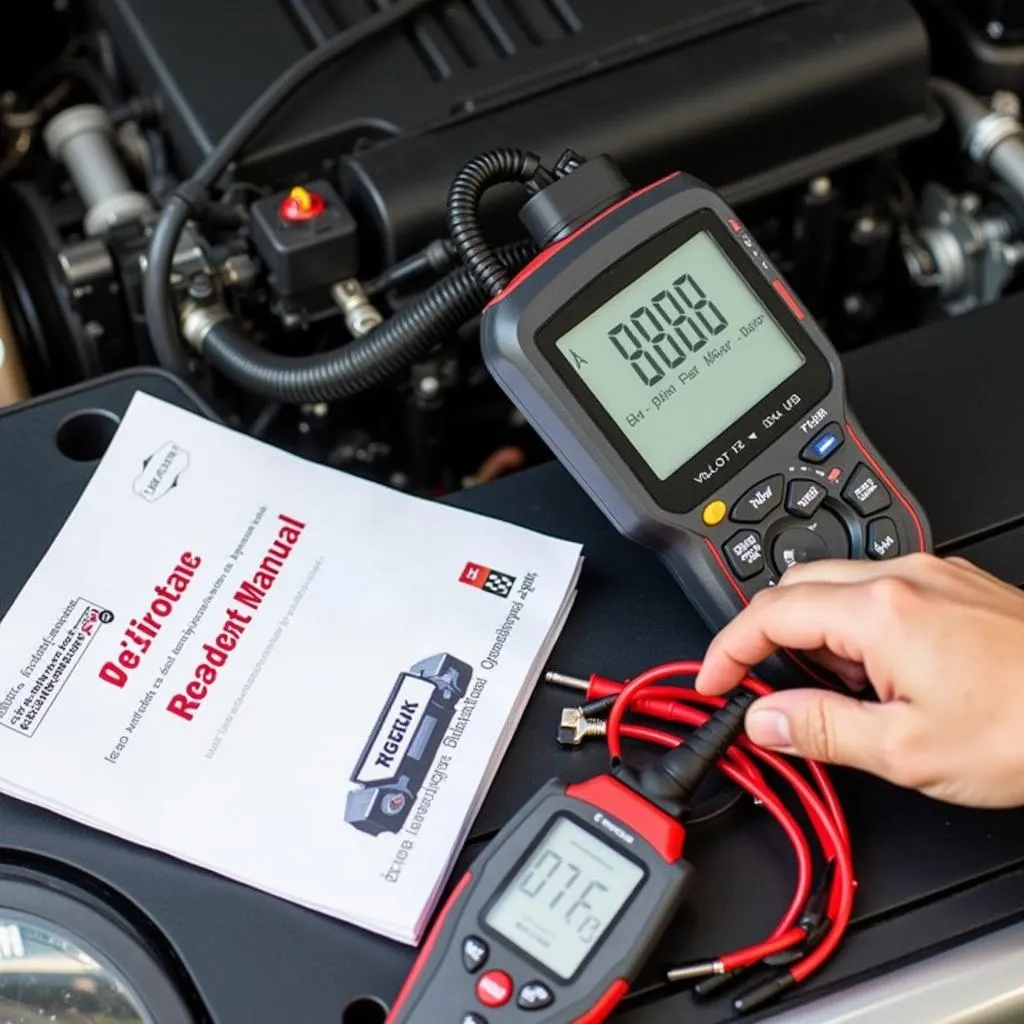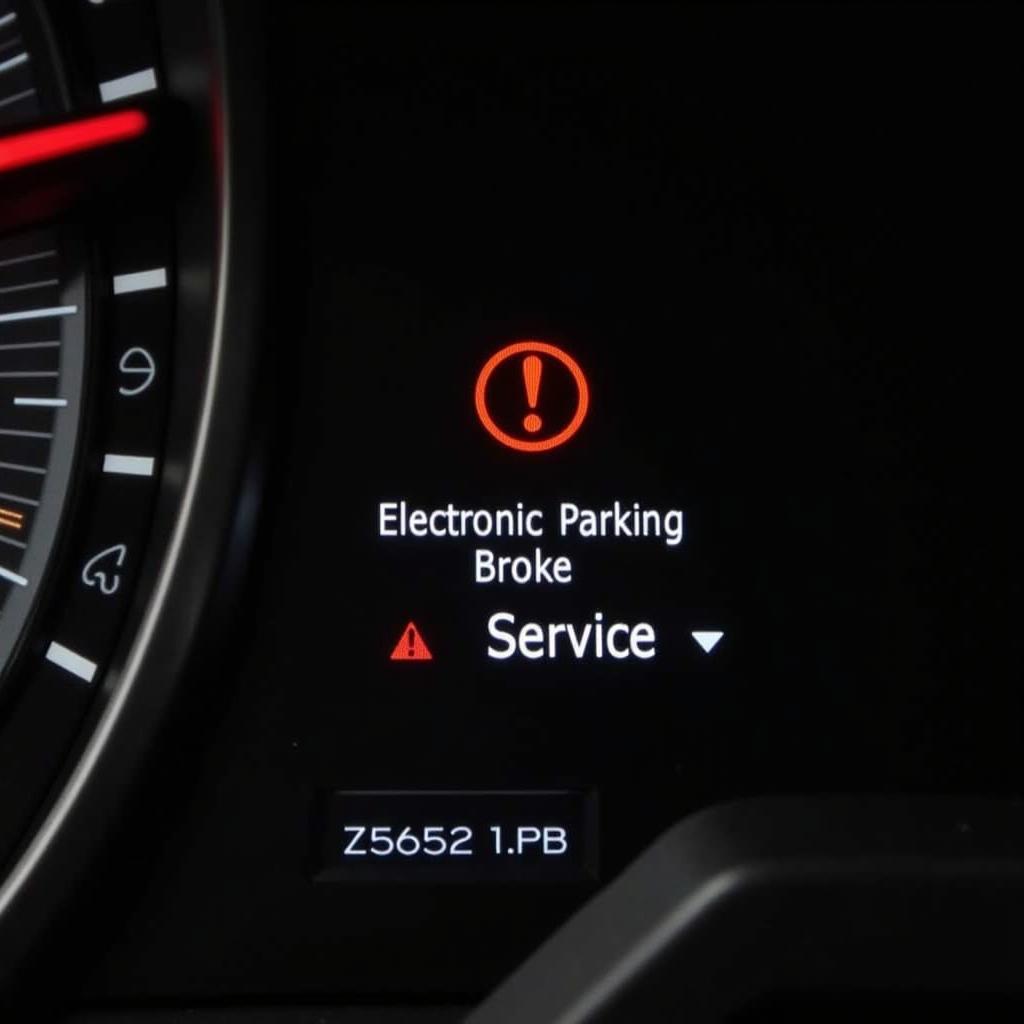“10 combination anti theft” isn’t a standard term in the automotive world, which suggests you might be dealing with a unique situation or a misunderstanding about your vehicle’s security features. However, the phrase likely refers to an anti-theft system requiring a 10-digit code for disarming. Let’s unravel the mystery of these systems and equip you with the knowledge to address any related concerns.
Understanding the Basics of Car Anti-Theft Systems
Car anti-theft systems are your vehicle’s first line of defense against theft. They range from basic features like alarms and immobilizers to sophisticated GPS tracking and remote shutdown capabilities.
Identifying Your Anti-Theft System
To troubleshoot, start by identifying your specific system. Check your owner’s manual or look for any telltale signs on the dashboard, steering column, or around the ignition.
Common Anti-Theft System Components:
- Immobilizers: These systems prevent the engine from starting without the correct key or fob present.
- Alarms: Audible and visual deterrents that activate when a break-in is attempted.
- Keyless Entry Systems: Utilize radio frequencies to lock and unlock your car remotely. Some systems may have a coded override if the remote malfunctions.
- GPS Tracking: Allows you to locate your vehicle in real-time in case of theft.
 Car Anti-theft System Components
Car Anti-theft System Components
Troubleshooting Potential Issues
If you’re experiencing problems with a system requiring a 10-digit code, it’s crucial to first confirm its existence and purpose. This code might be related to an aftermarket alarm, an immobilizer bypass, or even a personalized security feature.
Equipment You Might Need:
- Owner’s Manual: Your go-to resource for information about your car’s anti-theft system.
- Diagnostic Scanner: A tool that reads your car’s computer for trouble codes, helpful in identifying the root of the problem. For a reliable and user-friendly option, consider the range of diagnostic scanners offered by Cardiagtech.
- Voltmeter: Can be used to check battery connections and ensure sufficient power supply to the anti-theft system.
 Car Diagnostic Tools
Car Diagnostic Tools
Seeking Expert Assistance
If you’re unable to pinpoint the source of the problem or if you suspect a malfunction within your car’s electronics, it’s best to consult a qualified automotive electrician. They have the expertise and specialized tools to diagnose and repair intricate anti-theft systems.
FAQs About Car Anti-Theft Systems:
Q: What happens if I lose my car key with the built-in immobilizer?
A: You’ll likely need to have your vehicle towed to a dealership or authorized locksmith. They can program a new key and re-sync it with your car’s immobilizer system.
Q: Can I install an aftermarket anti-theft system on my car?
A: Absolutely! Many reputable brands offer various options. Make sure the installation is done by a qualified professional to ensure compatibility and proper functionality.
Q: How effective are GPS tracking systems in recovering stolen vehicles?
A: GPS tracking systems significantly increase the chances of recovering a stolen vehicle by providing real-time location data to law enforcement.
“The evolution of car security systems has been remarkable,” says automotive security expert, Dr. Emily Carter, author of “Modern Vehicle Security: A Comprehensive Guide.” “While the term ’10 combination anti-theft’ might seem unusual, it highlights the increasing complexity and personalization of these systems.”
If you need more guidance on anti-theft systems or other automotive diagnostic needs, don’t hesitate to connect with Cardiagtech. We provide a range of resources and expert assistance to help keep your car safe and secure.


